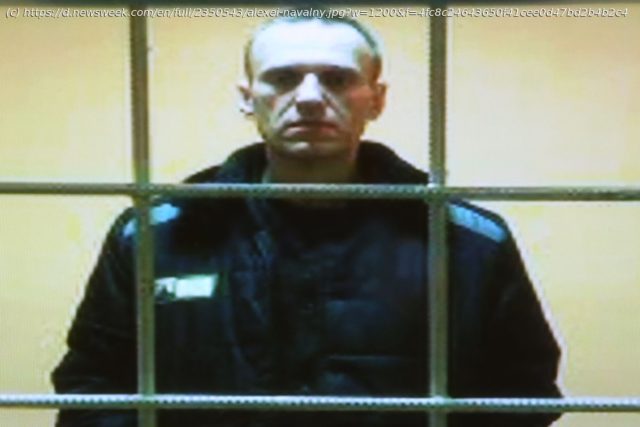The prominent Putin critic opened up about his country, his family and what shaped his thinking before his death.
Six months before his death in an Arctic penal colony, Russian dissident Alexei Navalny wrote of his hopes for his country, his love for his family and for literature, and the maxim that shaped his thinking. « I believe that Russia will be happy and free, » he said. « And I do not believe in death. »
He shared his thoughts in response to a 13-item questionnaire sent to political prisoners across Russia by Boris Akunin, a pseudonym used by the country’s most famous and long-exiled writer. Akunin published the compiled responses in an e-book on his website in October. This exclusive excerpt is from the English translation edited by Joanne Turnbull with Nikolai Formozov, which will be published in March.
Navalny’s death was officially confirmed Saturday morning. His spokeswoman, Kira Yarmysh, posted on X that the dissident’s body was transferred from a penal colony in the Arctic to a nearby town, and demanded that his body be released to his family.
Here are Navalny’s responses:
Who are you? From the prison authorities, I constantly hear this disgruntled phrase: « Hmm. You seem to be in a good mood today… » So I guess it’s like this: I am a political prisoner who very much misses his family, work and colleagues, but who keeps in good spirits. I am also, of course, a reader. I spend most of my day with a book in my hands.
What do you believe in? In God and science. I believe that we live in a non-deterministic universe and have free will. I believe that we are not alone in this universe. I believe that our deeds and actions will be evaluated. I believe in true love. I believe that Russia will be happy and free. And I do not believe in death.
What do you rely on to make the most important decisions—reason or a gut feeling? There’s no contradiction here; it’s a false alternative.






